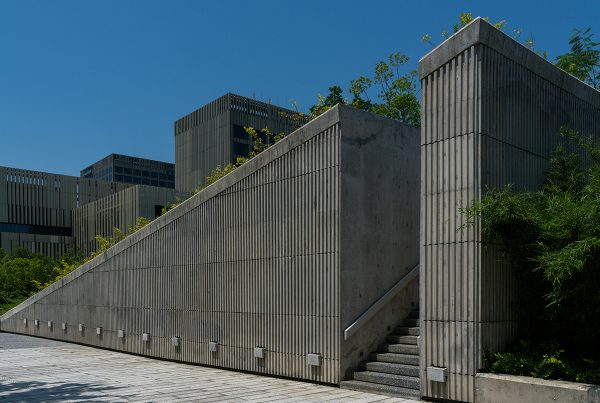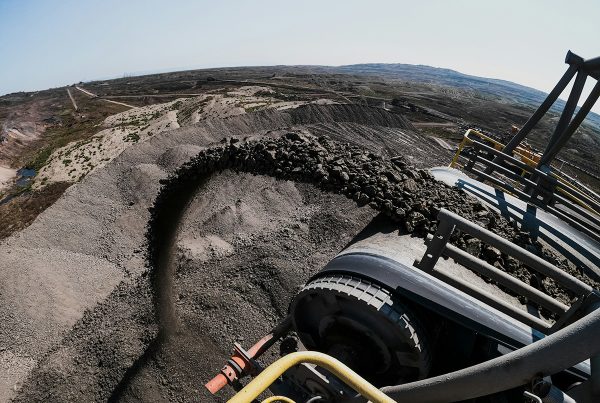Less than three weeks ago, the U.S. General Services Administration (GSA) was seeking public comments regarding which green building certification to use for U.S. federal buildings, most especially the military. In the interest of fairness, GSA wasn’t taking sides among the three top choices: LEED, the Green Globes system, and the Living Building Challenge. And after the 60 day comment period, it would be up to the various government agencies to choose which green building system would best suit them.
Surely, there’s something democratic about the way GSA invites public opinion and then hands over the decision-making powers to the federal offices concerned. But actually it smacks of a lack of commitment on the part of GSA. After all, it’s the taxes that are being spent to fund the creation and renovation of federal buildings—and dilly dallying in such crucial decisions as green building certification could possibly mean squandering taxpayers’ money.
Lloyd Alter over at Treehugger.com doesn’t exactly his mask his preference. A believer of the LEED system, he goes on to tell us how the three contenders for green building stack up against each other. The Green Globes system, according to him, has questionable origins and includes in its board a chemical company and a vinyl company among others. The Living Building Challenge, on the other hand, for all its good intentions “is not a real challenger.”
Which leads us back to LEED—the very same green building rating system with which the military has been having an on-an-off relationship ever since (not really the military’s fault you see, just following orders from Congress).
The point is Mr. Alter is pretty much decided on which green rating system to put his faith on, unlike wishy washy GSA.
And then in an interesting turn of events last February 15, an independent report released by the National Research Council has deemed LEED as the better choice for green building standard for military facilities.
According to the press release by the National Research Council:
The U.S. Department of Defense should continue to require that its new buildings or major renovations to facilities be designed to achieve a LEED-Silver or equivalent rating, says a new report from the National Research Council. Based on a review of empirical studies related to energy-efficiency and green building standards, the report concludes that green building certification systems such as LEED offer frameworks for successfully reducing energy and water use in buildings.
So apparently all it takes is a private, non-profit organization such as the National Research Council to somehow settle the issue of green building—somehow, because from the above statement, the «equivalent [Silver] rating” could still mean some other green certification system. In a way, we can forgive GSA for not favoring any particular rating system, and good move on the part of the D.O.D. for seeking the unbiased point of view of the National Research Council.
For now though, LEED is once again back on track in the military, much to the joy of those who believe/still believe in the system, and much to the dismay of those plastic and timber factions who have been conniving hard to ban it.
It should be noted that the military has long been at the forefront of sustainable green building, even before there was such a thing as LEED.










